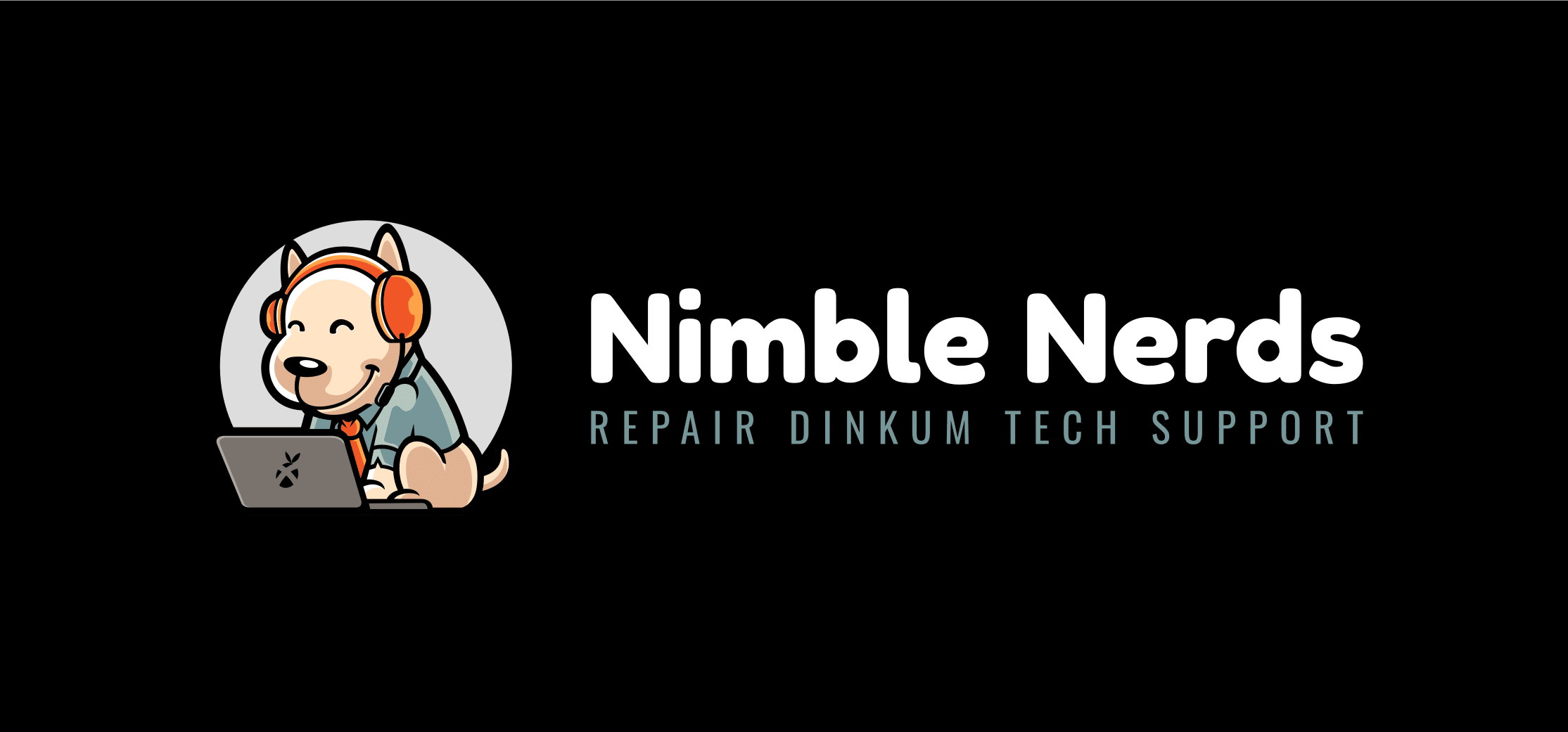Rank Your Website With SEO
There’s a vital element business owners entering the modern digital landscape for the first time need to be made aware of, as it affects nearly every aspect of online existence in this “always connected” world: Search engine optimisation. Put simply, SEO refers to a marketing strategy wherein a company’s website is “optimised” for search engine placement so that when prospective customers are searching for a business offering the kinds of products or services that particular company does, it pops up in search results before the competition.

Search optimisation is accomplished in a number of different ways, depending on the strategy being planned by the marketing entity working with a business, including via link building, keyword tactics and more, some of which this blog is going to cover. In the midst of these are so-called “software as a service” (SaaS) approaches like Moz, an American software company that creates search engine optimisation tools, and Ahrefs, considered one of the most powerful optimisation tools on the market.
Moz offers optimisation software and data to help users increase traffic, rankings and visibility in search results. The company’s Moz Pro proved to be quite an effective all-in-one search optimisation toolset, one that includes site audits, rank tracking, backlink analysis, keyword research and more.
In utilizing these tools, users can uncover technical optimisation issues, track performance of hundreds if not thousands of traffic-driving keywords across more than 170 search engines, view metrics of any site in seconds and discover thousands of keywords to target along with keyword difficulty scores, competitor research and search results analysis.

Ahrefs offers a similar approach in that its tools have been designed to grow users’ search traffic. It helps them research their competitors and allow them to monitor their business niche. These tools help users understand why their competitors rank high and what they need to do to outrank them.
On-Page Optimisation
On-site optimisation (also known as on-page optimisation) is the practice of optimising elements on a website. This is in order to rank higher and earn more relevant traffic from search engines. Beyond assisting search engines interpret page content, effective on-site optimisation also helps users clearly and quickly grasp what a page is about. It is also regarding how fast a website loads.

Optimising the code that builds a website is one way to improve it. It can then load faster, which Google highly values.
Off-Site Optimisation
Off-site optimisation (also referred to as “off-page optimisation”) refers to actions taken outside of a company’s own website. These impact its rankings within search engine results pages; indeed, optimising for off site ranking factors encompasses improving the perception of a site’s popularity, relevance, authority and trustworthiness from a search engine and user point of view. This is accomplished by other reputable elements of the internet, sites and people vouching for the quality of its content.
Link Building
To outrank competitors’ sites, a business must establish authority. The best way to accomplish that beyond the aforementioned approaches is by way of earning links. The more authoritative the website linking to your site, the more it amplifies your rank. In fact, Google has confirmed that links and quality content are two of the three most vital ranking factors for SEO. Trustworthy sites have a tendency to link to other trustworthy sites. While spam-ridden sites tend to link to other “spammy” sites.

Building many reputable links from trusted websites by providing value across the net helps a website to grow in rank quickly.
Citations for Local Search
Another element to consider when optimising a website for search engines is local search optimisation citations. A “citation” is an online reference to a business’ name, address and phone number. Google then uses these consistent details across the net while evaluating the company’s online authority. Citations do not need to be linked to a business’ website to provide value.
To get started, add your website to the top 10 business directories listed on Malleeblue. It’s a good idea to only list your website into relevant categories and topics though. For example, if you sell a lawn service and it is a business directory specifically for health and beauty, it’s best to skip that directory as Google doesn’t value it.
Keyword Research
This is one of the “highest return” optimisation tactics essential for marketing success, responsible for vastly improving traffic from Google. Beginning with so-called “keyword research,” this foundation defines a business’ niche and helps identify its competitors. Keyword research goes on to encompass keyword ideas, seeing what keywords a business already ranks for, identifying what keywords competitors are ranking for, using keyword research tools, studying a business’ niche thoroughly and more.
The SEO guru Neil Patel offers a free keyword analysis tool, that is pretty decent for free. It’s called Ubersuggest. In my opinion, Moz and Ahrefs are better tools. But they are far more expensive so Ubersuggest is a great place to start.
Search engine optimisation is an absolute must if a business intends on succeeding in today’s “everything-in-a-second” marketplace. It doesn’t have to be complex. It’s just a matter of putting one foot in front of the other to improve each element of your website.



